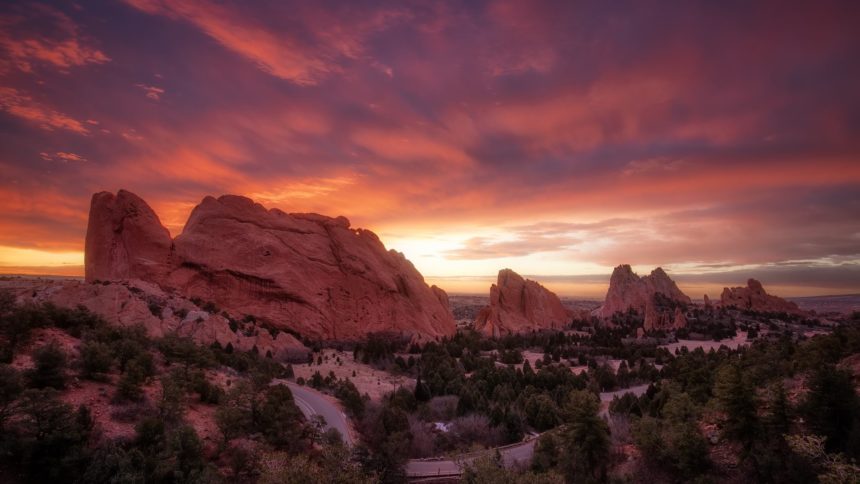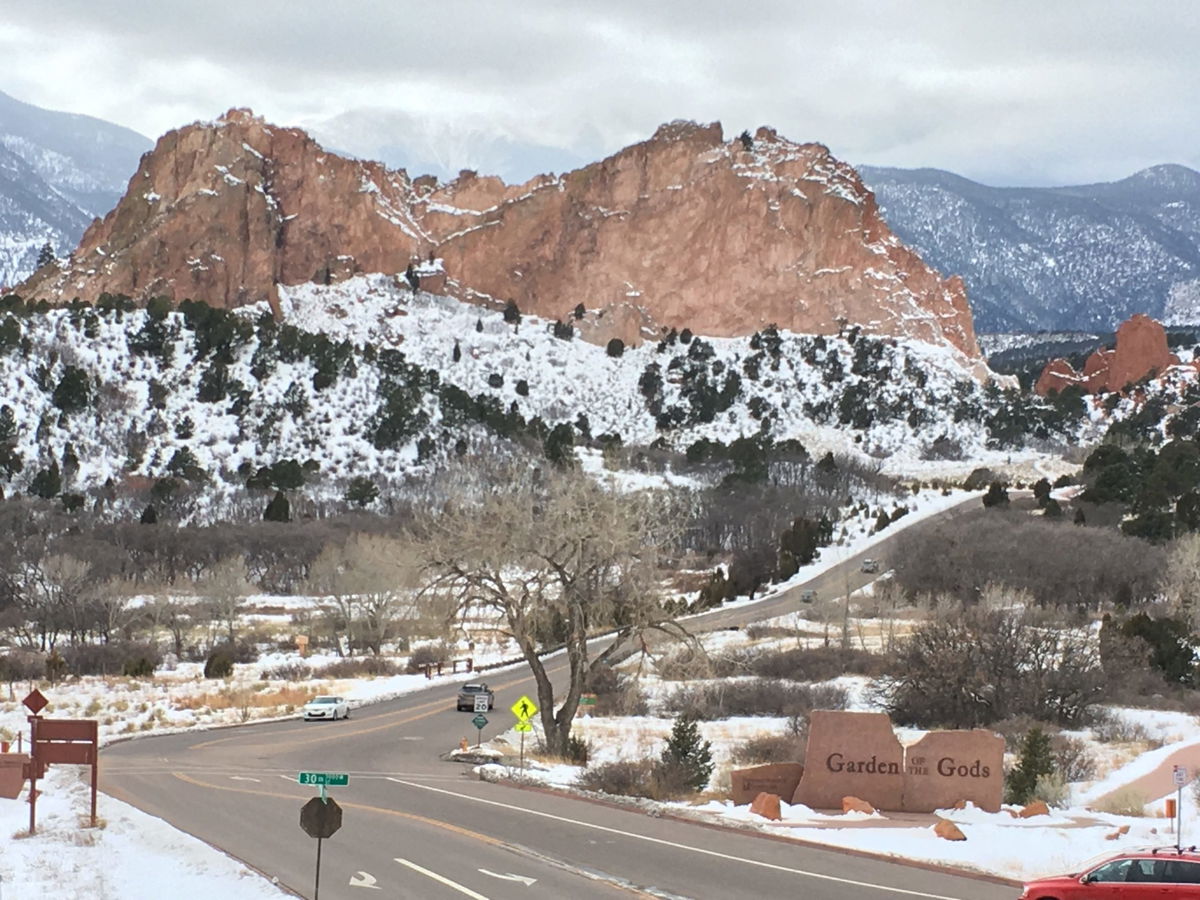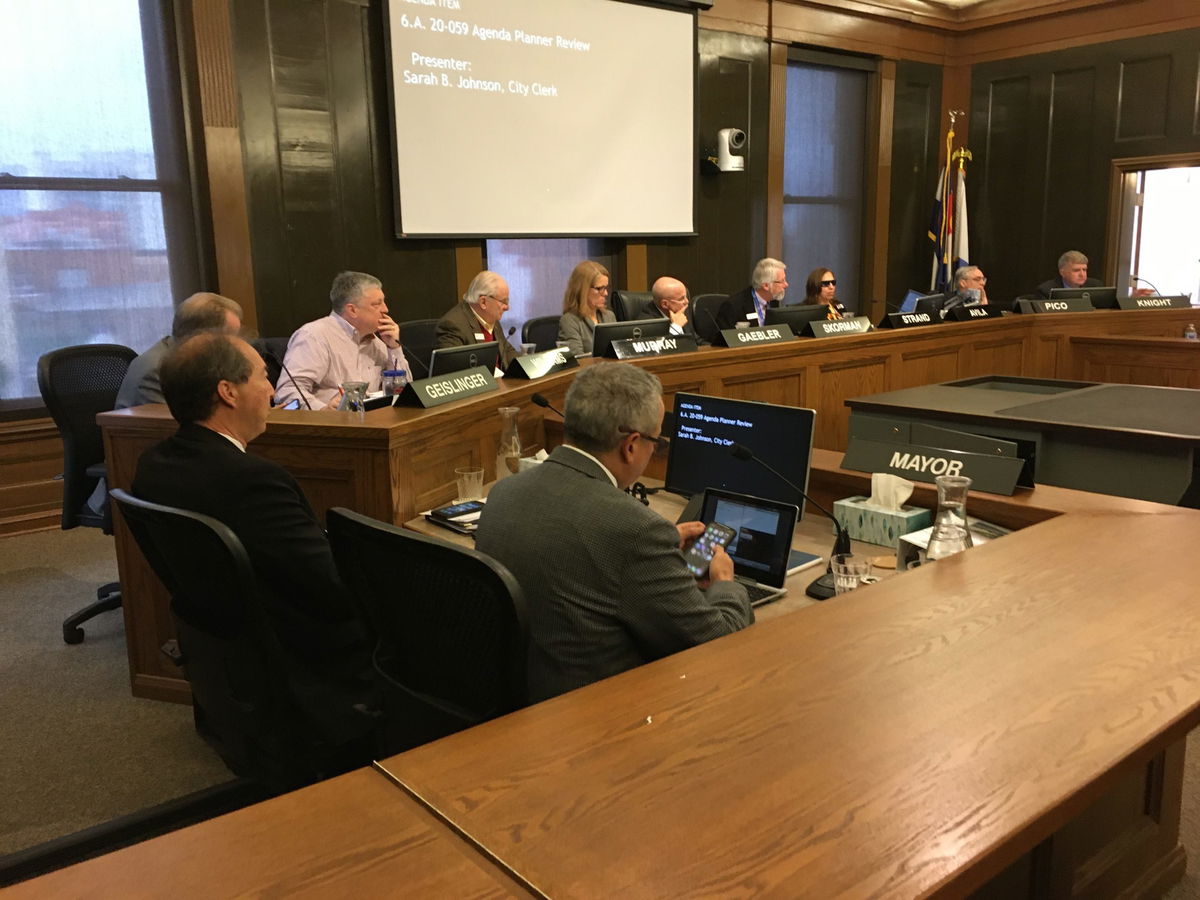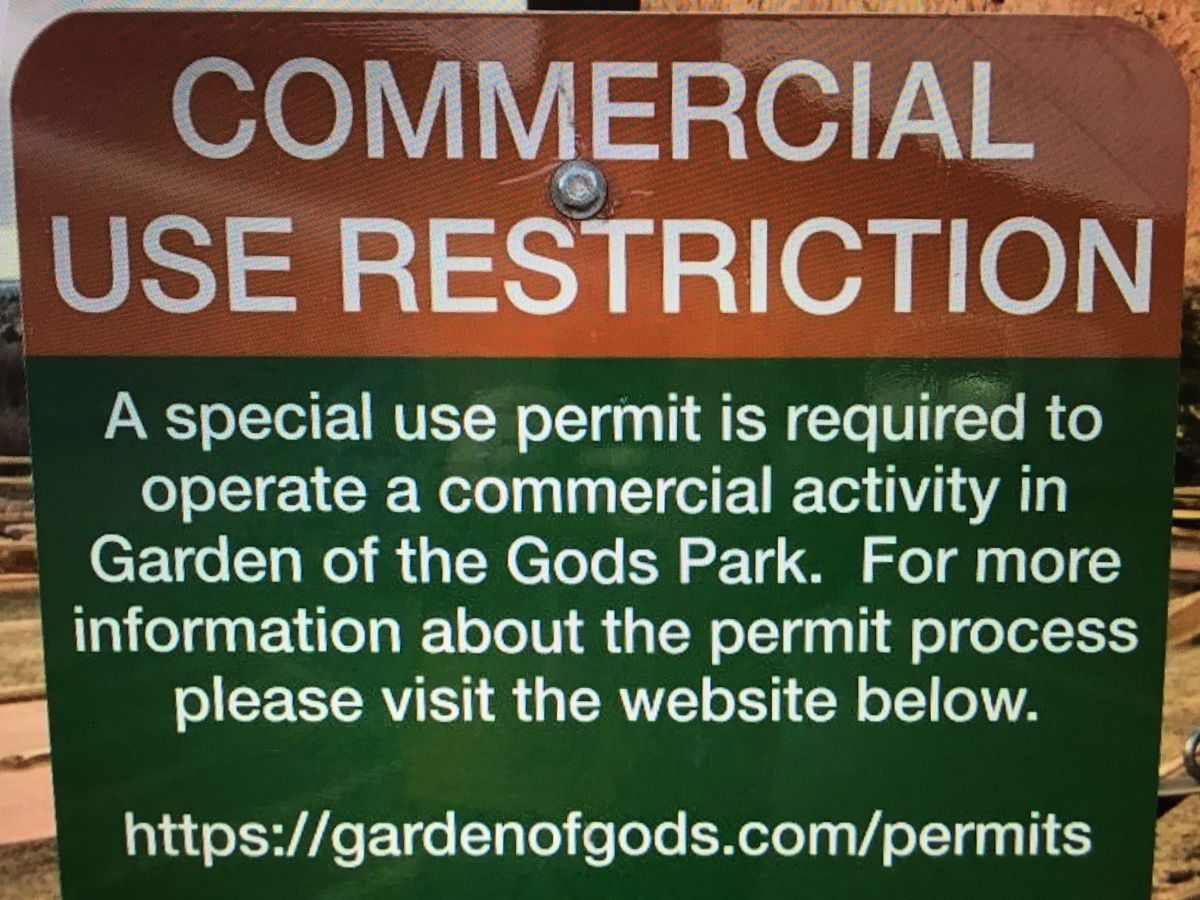Photography not included in new commercial usage fees at Garden of the Gods in Colorado Springs

COLORADO SPRINGS, Colo. (KRDO) -- City officials Monday clarified the situation involving new fees for commercial users at Garden of the Gods in Colorado Springs.

Many people complained about the fees when they were announced late last year, believing that amateur or professional photographers would need a special permit at the popular park.

But Matt Mayberry, a manager for the city's Parks, Recreation and Cultural Services department, and Jan Martin, president of the private Garden of the Gods Foundation, updated the City Council during a work session.

"Photography was never going to be part of the fee structure," he said. "We do require permits at Rock Ledge Ranch but not at Garden of the Gods. We're asking for feedback to consider it (at the park) in the future, but there's no timetable for deciding it."
"This is the first time I've heard confirmation of that," said Councilman Andy Pico. "I think most of us thought photography was part of it. The communication needs to be better."

Commercial usage fees have existed at other city parks for the past five years, but January marked the first time the fees applied to Garden of the Gods. Businesses such as bus tours and rock climbing groups are required to pay a $50 application charge in order to acquire a permit

"Garden of the Gods is the #1 public park in the country, but with six million visitors last year, we're in danger of loving it to death," Martin said. "The Parks department has a limited budget and the park has many maintenance and project needs. The fee may not generate a lot of revenue, but every little bit helps us pay for things like new restrooms, which cost $1.2 million last year."

Mayberry said the park's budget, which comes from a variety of sources, is just under $2 million annually.
Under the fee schedule, the lowest amount is $50 for a single bus tour with no application fee required. A nonprofit bus tour pays $100 for a single trip and $350 for multiple trips annually, while a for-profit bus tour pays $150 for a single trip and $500 annually. The same amounts apply for other nonprofit and for-profit businesses, respectively.
"These fees will help us know how many businesses actually use the park for commercial purposes," Mayberry said. "And we can keep in closer contact with them in case there are road closures or special events."
Besides photography, permits for aerial drones and TV commercials are exempt from the commercial usage fee.
A petition circulated shortly after the discovery of the proposal garnered more than 18,000 signatures in the span of a month.
Around 200 notices were sent to known commercial users about the new fee and only 12 have responded so far.

"That's not necessarily a bad thing," Mayberry said. "It may just mean the business owners need more time to let the fee sink in, or to determine exactly how it affects them."
The City Council wasn't required to approve the park fees, but some members believe the amount is too high while others want parks officials to be more transparent about park fees in the future.
